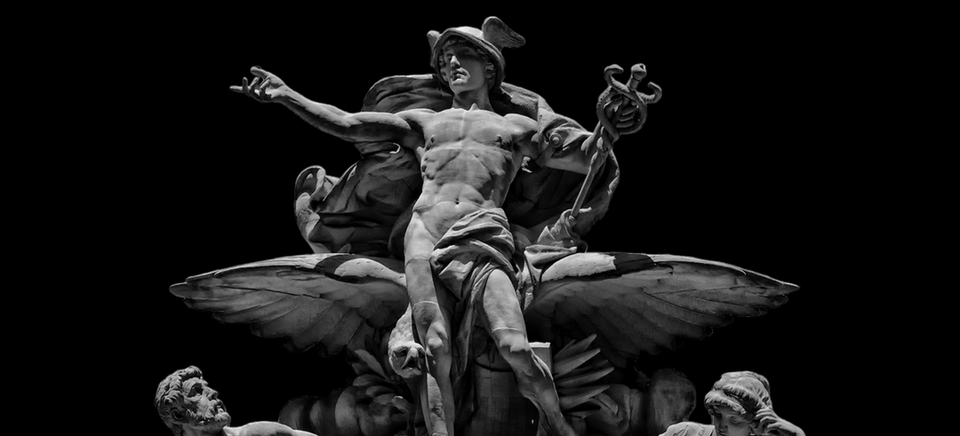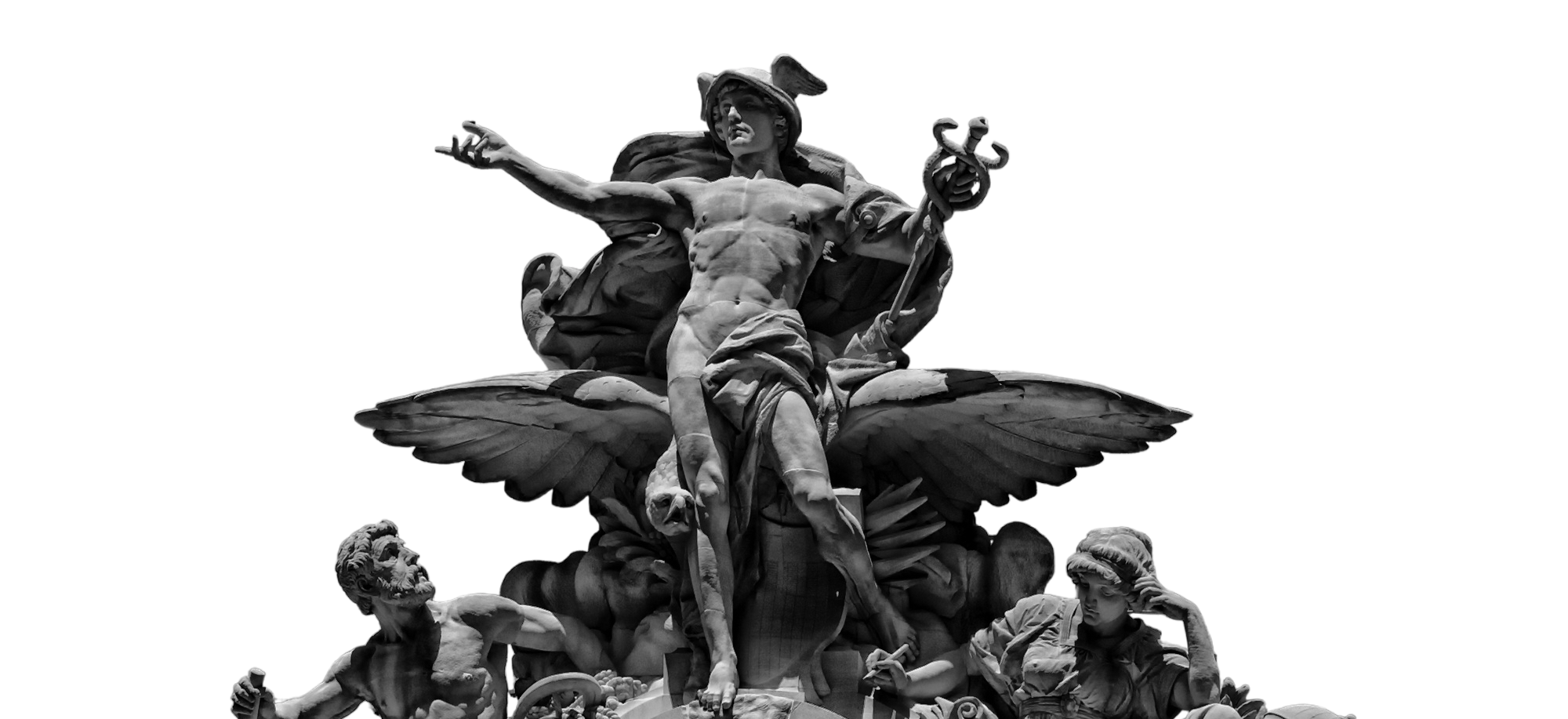Mercurius: The Divine Patron of Finance and Business in Roman Mythology

Introduction:
In the rich tapestry of Roman mythology, Mercurius, known in Greek mythology as Hermes, emerges as a multifaceted deity associated with various aspects of life. Among his many domains, Mercurius stands as the divine patron of commerce, trade, and financial endeavors. This article explores the significance of Mercurius in the context of finance and business in ancient Rome.
The Messenger of the Gods:
Mercurius, the son of Jupiter (Zeus in Greek mythology) and Maia, was renowned as the messenger of the gods. His swiftness and agility were symbolized by the winged sandals and the caduceus, a staff entwined with two serpents. This duality reflected his ability to traverse realms and bring messages swiftly, embodying the essence of quick and efficient communication—a crucial aspect in the world of business.
Commerce and Trade:
Mercurius played a pivotal role in facilitating commerce and trade. Merchants and traders revered him for his guidance in navigating the complexities of the marketplace. As the divine intermediary between buyers and sellers, Mercurius was believed to inspire fair and honest dealings. His influence extended to negotiations, contracts, and the overall success of commercial transactions.
Financial Prosperity:
The Romans also associated Mercurius with financial prosperity. Temples dedicated to him often attracted businessmen and entrepreneurs seeking divine favor in their financial pursuits. Mercurius was considered a benevolent force, capable of bestowing wealth and success upon those who honored him. The Romans believed that by invoking Mercurius, they could secure a favorable outcome in their financial endeavors.
Roman Festivals and Celebrations:
The festival of Mercuralia, celebrated annually on May 15th, was a time when Romans paid homage to Mercurius. During this festival, merchants and traders made offerings to the god, seeking his blessings for the prosperity of their businesses. The day was marked by festivities and rituals, creating a sense of community among those engaged in commerce.
Legacy in Modern Business:
While ancient Roman beliefs may seem distant, the influence of Mercurius persists in modern business symbolism. The caduceus, representing commerce and trade, is still recognized as a symbol of financial institutions, emphasizing the historical connection between Mercurius and the world of finance.
Conclusion:
Mercurius, the divine messenger, continues to hold a significant place in Roman mythology, particularly in the realms of finance and business. The Romans, recognizing the importance of efficient communication, fair trade, and financial success, revered Mercurius as a benevolent deity capable of guiding them in their pursuits. Today, the legacy of Mercurius lives on, reminding us of the enduring connection between ancient mythology and the dynamics of commerce.

Member discussion